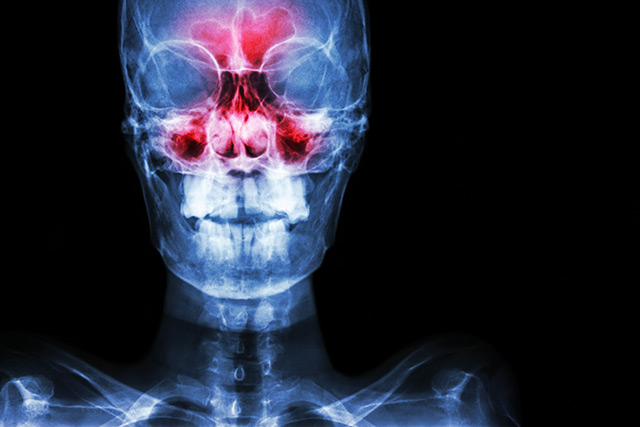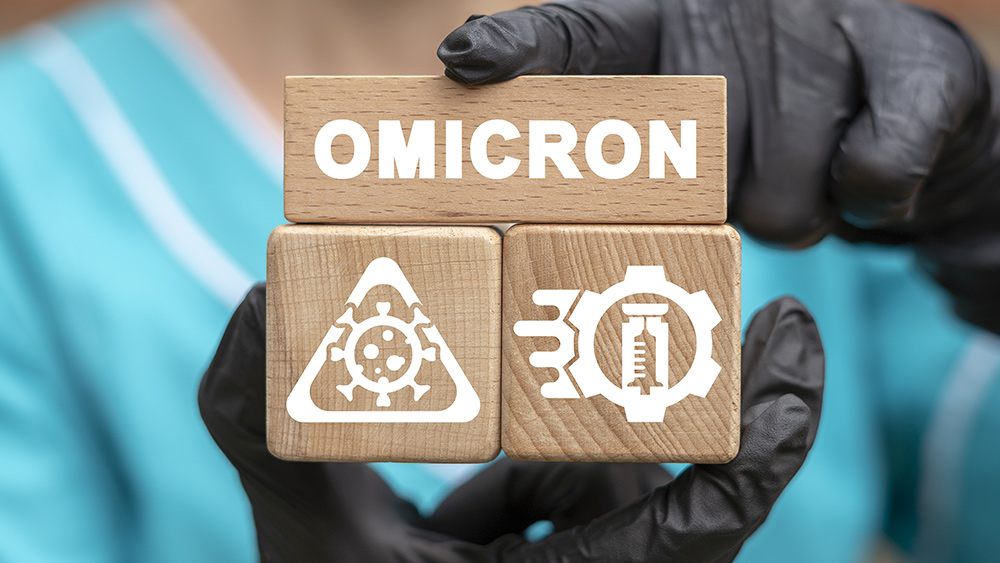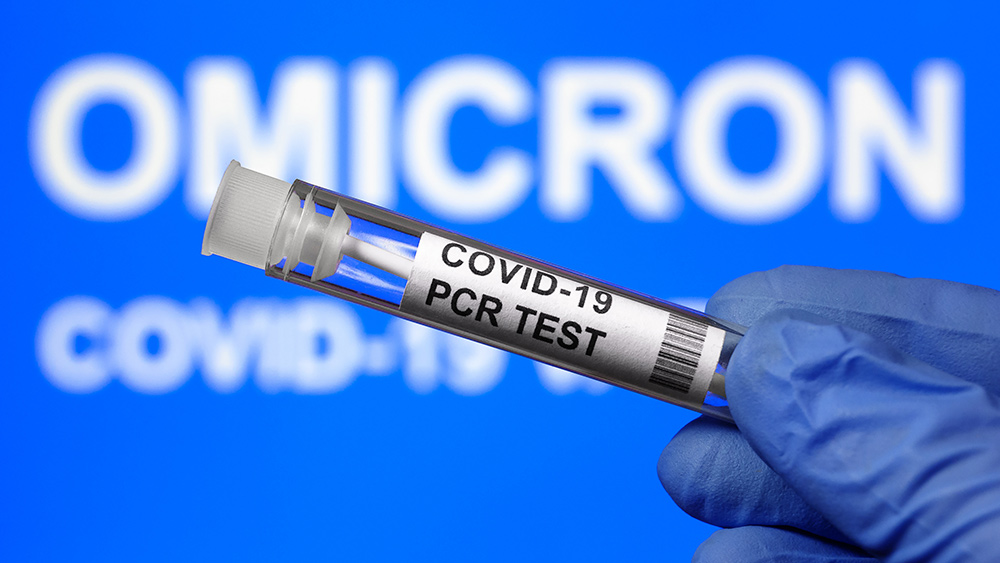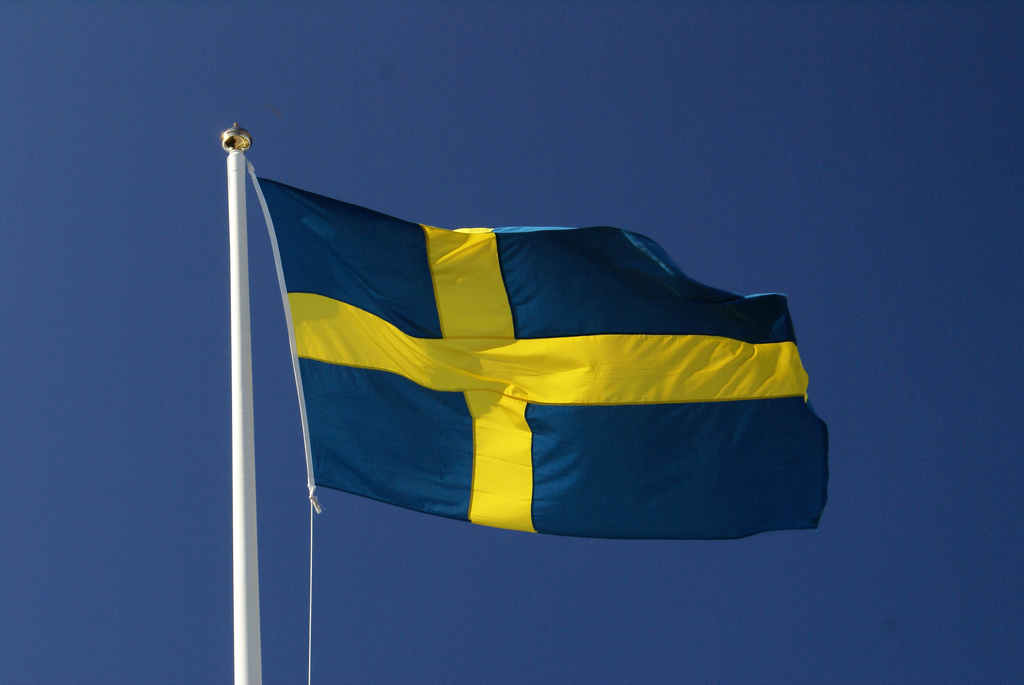Experts cast doubts on “deltacron,” likely just a glitch due to lab contamination
01/14/2022 / By Mary Villareal

Health experts are already casting doubts on reports of a possible new Wuhan coronavirus (COVID-19) strain that combines the elements of both the delta and omicron variants. Dubbed as “deltacron,” scientists say that the “strain” may only be a result of lab processing error.
A researcher from Cyprus discovered the potential new variant and named it “deltacron” because of its omicron-like genetic signatures within delta genomes.
The researcher, Leonidios Kostrikis, is a professor of biological sciences at the University of Cyprus, and his team said they found 25 cases of the deltacron mutation, adding that at the time, it was too early to tell whether there were more cases of the new strain or what impact it could have globally. However, the findings had already been sent to GISAID, an international database that tracks the changes in the virus.
Other experts, however, doubt the findings, with a World Health Organization official tweeting that the deltacron is likely due to a sequencing artifact, a variation that is introduced by a non-biological process.
WHO COVID expert Dr. Krutika Kuppali said that in this case, there was likely a lab contamination of omicron fragments in a delta specimen. She expressed that the two did not form a super variant and that there is no such thing as deltacron.
While it is possible for coronaviruses to genetically merge (a process known as biological recombination), experts noted that the mutations identified by the Cypriot team were located on a part of the genome that is vulnerable to an error in sequencing procedures.
Other scientists have agreed that the findings could be a result of a lab error. Virologist Tom Peacock from Imperial College London also said that deltacron sequences reported by large media outlets clearly look like contamination. He went on to say that experts who had a look at the sequences came to the same conclusion that it does not look like a real recombinant.
Fatima Tokhmafshan, a geneticist from the Research Insititute of the McGill University Health Centre in Montreal agreed, adding that deltacron is “not a recombinant,” but rather a “lab contamination [because] looking at recent GISAID submission from Cyprus, the clustering and mutational profile indicate no mutation consensus.”
Dr. Boghuma Kabisen Titanji, an infectious diseases expert at Emory University in Atlanta also added a cautionary approach, saying that the deltacron story should be interpreted with caution as information currently available is only pointing to contamination of a sample, as opposed to true recombination of both variants.
However, she also noted that the possible mixing of genetic material is a possibility, as both strains continue to circulate. “Recombination can occur in coronaviruses,” she said, explaining that the enzyme that replicates their genome has a tendency to slip off the RNA strand it is copying and rejoining where it left off. With the delta and omicron variants in circulation, the dual infection can increase this concern. (Related: Omicron variant may protect against delta, new study finds.)
Scientist who discovered deltacron defends findings
The scientist who announced the deltacron discovery, Kostrikis, defended his findings, saying that they are not a result of a “technical error.” He said in an email that the cases he identified “indicate an evolutionary pressure to an ancestral strain to acquire these mutations and not a result of a single recombination event.”
He also said that the findings came after the samples were processed in multiple sequencing procedures in more than one country, with at least one sequence from Israel deposited in a global database exhibiting genetic characteristics of deltacron.
Michael Hadjipantela, the Cyprus health minister, said that the ministry was aware of deltacron reports, although it was not something to worry about at the moment.
Whether or not the new strain is confirmed, the emergence of hybrid variants in the future remains to be a possibility. “So long as variants continue to thrive around the world, we will be at the mercy of this type of development,” Christian Bréchot, head of the Global Virus Network and a former director of the Institut Pasteur said.
Watch the video below for more developments on the deltacron variant.
This video is from the InfoWars channel on Brighteon.com.
Go to Pandemic.news for more updates on the COVID-19 virus.
Sources include:
Tagged Under: biological recombination, coronavirus, coronavirus variants, covid-19, Delta Variant, deltacron, infections, lab contamination, omicron variant, outbreak, pandemic, skeptics, viral genetics, viral mutations
RECENT NEWS & ARTICLES
COPYRIGHT © 2017 RATIONAL NEWS



















